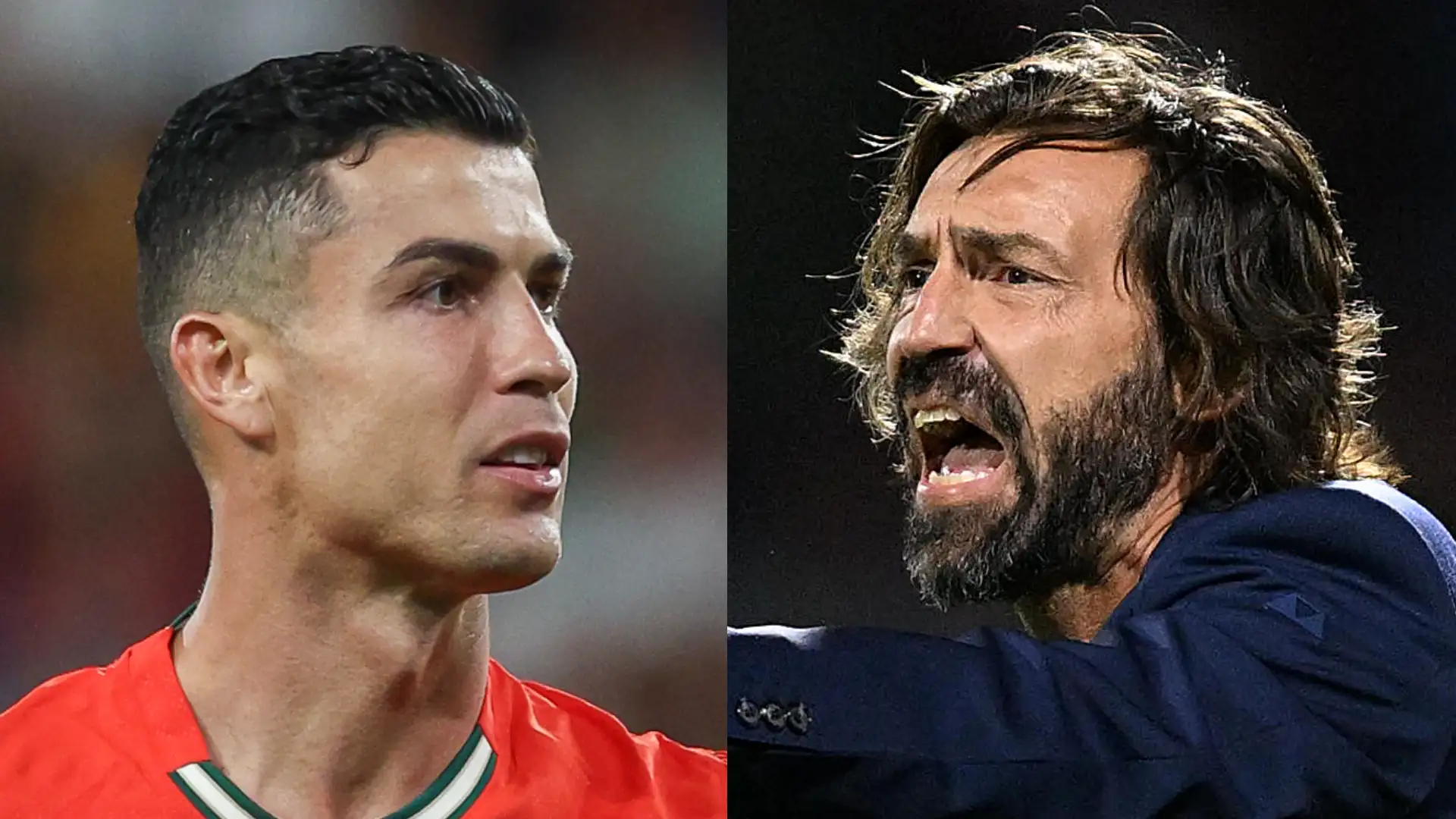
Cristiano Ronaldo Labelled ‘The Worst’ in One Key Area as Ex-Juventus Coach Explains Why Andrea Pirlo Preferred Alvaro Morata to Former Man Utd Star
Inside the Tactical Tension That Defined Ronaldo and Pirlo’s Season at Juventus
It’s not often that Cristiano Ronaldo — one of football’s most relentless professionals — is accused of falling short in effort. Yet, that’s exactly what a surprising revelation from Alparslan Erdem, a former assistant coach to Andrea Pirlo, has suggested. In a recent interview, Erdem lifted the lid on why the Italian legend secretly preferred Álvaro Morata to the five-time Ballon d’Or winner during their shared season at Juventus.
According to Erdem, Pirlo’s data-driven system simply didn’t fit Ronaldo’s game. The Portuguese superstar might have been a goalscoring machine, but tactically, he was “the worst at sprinting” in Pirlo’s high-pressing framework. It’s a fascinating insight into one of modern football’s most intriguing coach-player relationships — one built on respect, but defined by friction.
Why Andrea Pirlo Preferred Alvaro Morata Over Cristiano Ronaldo at Juventus
When Andrea Pirlo took over Juventus in the summer of 2020, expectations were sky-high. A world champion and one of the most elegant playmakers the game has ever seen, Pirlo wanted to bring sophistication, control, and tactical intelligence to Turin. What he inherited, however, was a squad built around a superstar who operated best on instinct — Cristiano Ronaldo.
Pirlo’s single season in charge was a curious one. On paper, it didn’t look too bad: Juventus won both the Coppa Italia and Supercoppa Italiana, while Ronaldo finished as Serie A’s top scorer with 29 goals. Yet behind the scenes, tension was simmering.
Speaking to Bild, Alparslan Erdem — who later worked with Pirlo in Turkey at Fatih Karagümrük — revealed that the Italian maestro’s tactical ideals clashed with Ronaldo’s natural game.
“We did an analysis, and the data showed it clearly,” Erdem said. “Pirlo didn’t like Dybala, and Cristiano Ronaldo wasn’t suited to his style of play. He wanted to press high, and the numbers showed Ronaldo was the worst at sprinting. He liked Morata much more — he was perfect for Pirlo’s 4-4-2 system.”
Ronaldo’s €117 million price tag meant benching him was never an option, but according to Erdem, Pirlo knew deep down that Morata was the better tactical fit. The Spaniard’s movement, work rate, and willingness to press aligned perfectly with what the young coach was trying to build.
The Tactical Clash: Goals vs. Systems
Pirlo wanted a Juventus side that dominated through possession and structure — a team capable of suffocating opponents with coordinated pressing and intelligent build-up play. Ronaldo, however, thrived on chaos. His genius lies in unpredictability: sudden runs, sharp finishes, moments that defy tactical explanation.
That contrast created a dilemma. When Pirlo’s Juventus pressed high, Ronaldo’s reluctance to sprint left gaps. When the team dropped deep, his preference for drifting wide or cutting inside disrupted the spacing Pirlo’s system demanded.
It’s not that Ronaldo wasn’t committed — his professionalism has never been in doubt — but his footballing instincts were shaped in a different era. He was a finisher, not a presser. A man built to end moves, not initiate them.
As one Juve analyst reportedly told Pirlo at the time, “You can’t change Cristiano; you have to build around him.” Pirlo, though, wanted a system that didn’t depend on a single player — and therein lay the problem.
The Challenge of Managing a Superstar
Managing Cristiano Ronaldo has always been a double-edged sword. For all his goals and influence, his presence changes everything — tactics, locker room hierarchy, even club politics.
Pirlo wasn’t the first coach to face that challenge. Maurizio Sarri, who led Juventus the season before, once admitted that “managing Ronaldo is not easy.” He struggled to integrate the forward’s instinctive play into his structured, possession-heavy approach. Yet, Sarri also conceded that Ronaldo’s mentality was unmatched: “He’s never distracted, never satisfied. That’s why he’s won everything.”
Jose Mourinho, at Real Madrid, experienced both sides of the Ronaldo paradox. He praised his compatriot’s professionalism but frequently clashed with his personality. Mourinho once said that coaching Ronaldo was like “working with a Ferrari” — exhilarating but requiring precision and compromise.
Even Erik ten Hag and Ralf Rangnick at Manchester United faced similar struggles. Ten Hag famously benched Ronaldo and later faced open defiance when the striker refused to come on as a substitute. Rangnick’s short spell saw Ronaldo question his methods publicly, highlighting the difficulty of managing such an elite figure within a rigid tactical setup.
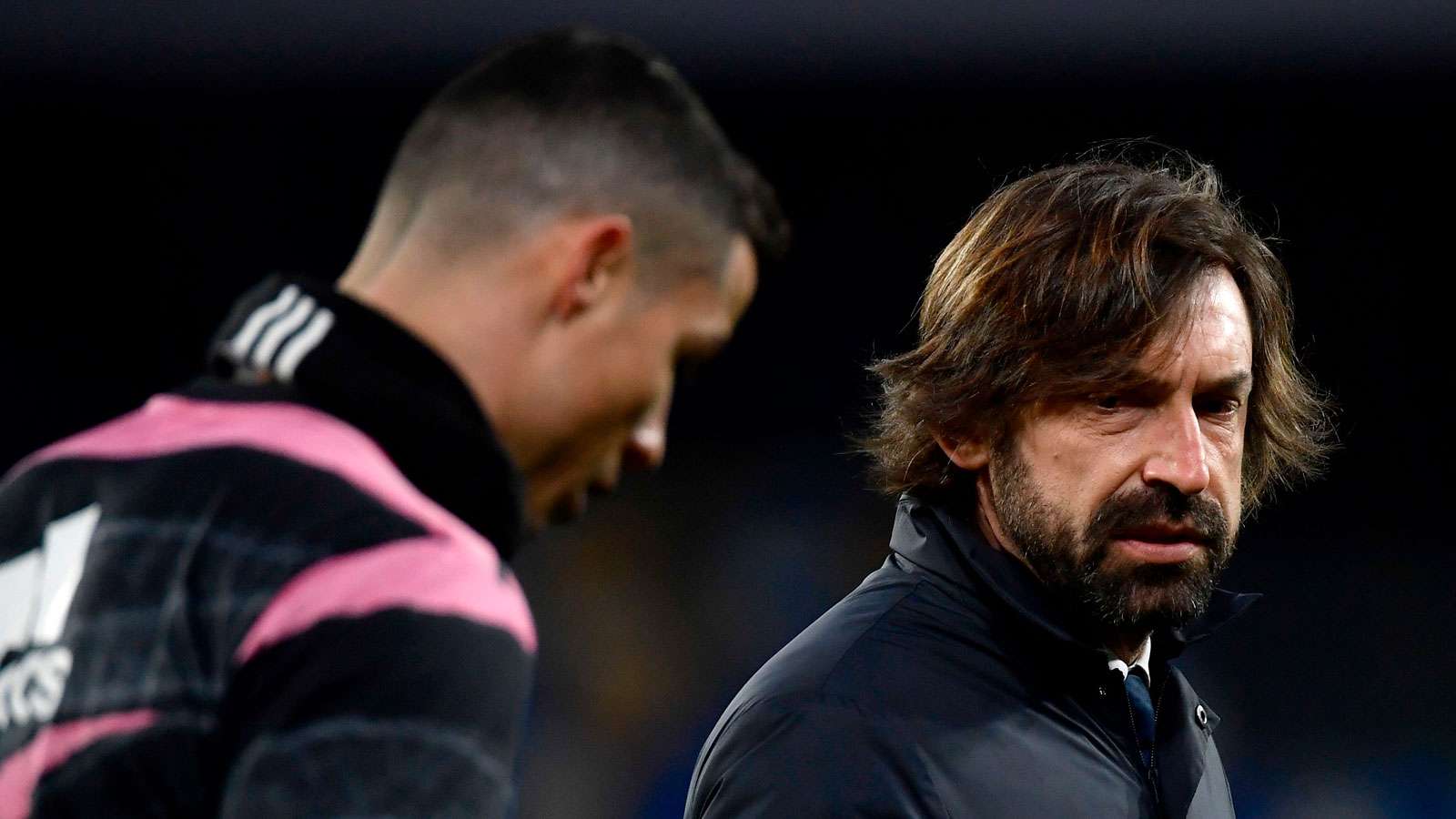
Cristiano Ronaldo / Andrea Pirlo
Pirlo’s Dilemma: Data vs. Stardom
Pirlo’s Juventus tenure fell at a crossroads — between old-school superstardom and modern tactical evolution. He wanted to bring progressive football to Turin, but Ronaldo’s influence, both on and off the pitch, made that complicated.
Erdem explained that even though Pirlo respected Ronaldo’s professionalism, he was frustrated by the constraints of managing a player he couldn’t fully control.
“He didn’t want to play without him, but he couldn’t build his ideal system with him either,” Erdem said. “It was a lose-lose situation.”
Morata, by contrast, was obedient to structure. His pressing, link-up play, and tactical intelligence made him the prototype for Pirlo’s vision — even if his finishing was inconsistent.
Behind closed doors, some at Juventus reportedly believed the team functioned better when Morata led the line. But no one dared say it too loudly. Ronaldo was too big to fail, and Pirlo was too inexperienced to confront that reality head-on.
The Broader Ronaldo Coaching Conundrum
Erdem’s comments add another layer to a long-running narrative: that Ronaldo’s greatness often transcends tactics — for better and for worse. Coaches who manage him are forced to make a choice: bend their philosophy to suit him or risk friction in pursuit of balance.
Even Fernando Santos, Ronaldo’s long-time Portugal manager, faced the same problem. During the 2022 World Cup, Santos benched Ronaldo in the knockout rounds, leading to public controversy and visible frustration from the player. Portugal went on to win 6–1 against Switzerland without him — proof that tactical cohesion can sometimes outweigh individual brilliance.
But few can deny Ronaldo’s ability to deliver. His mentality, physical conditioning, and relentless drive remain unmatched, even as he approaches 40. That’s what makes him both a coach’s dream and a tactical nightmare.
Ronaldo’s Final Year at Juventus: Numbers Never Lie
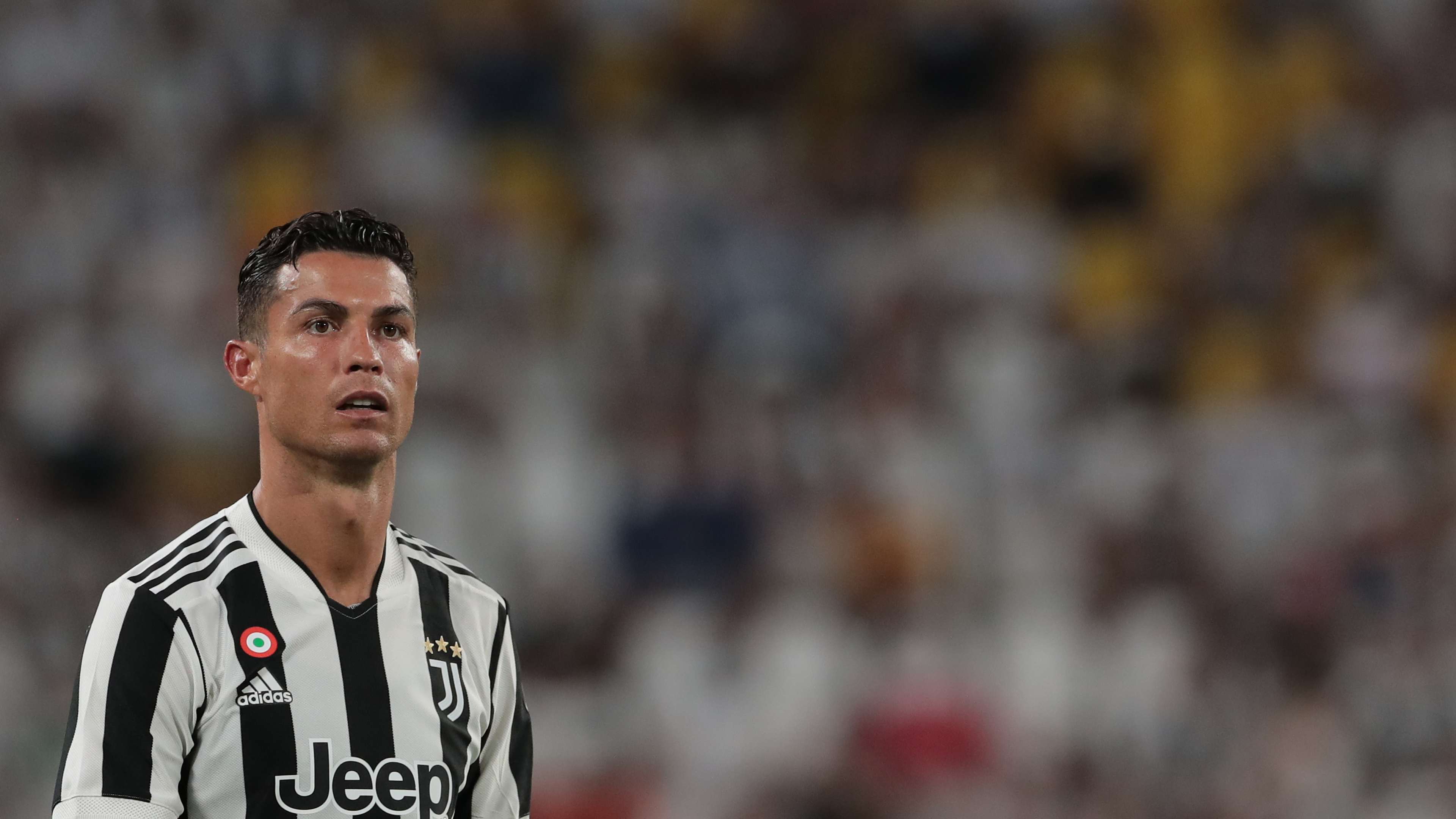
Juventus v Atalanta – Pre-Season Friendly
For all the tactical dissonance, Ronaldo’s final season at Juventus was statistically extraordinary. He scored 36 goals in 44 games, won the Serie A Capocannoniere with 29 league strikes, and became the fastest player in Juventus history to reach 100 goals — doing it in just 131 appearances.
His output, though, came at a cost. Juventus slipped to fourth place in Serie A, ending their nine-year title streak. The team looked more dependent on Ronaldo than ever — devastating when he played, disjointed when he didn’t.
Pirlo’s possession-based system never fully gelled, and by the season’s end, both men had moved on: Ronaldo to Manchester United, Pirlo to new managerial pastures.
Their relationship, by all accounts, remained respectful — professional, but distant. They were two footballing geniuses who simply spoke different tactical languages.
The Legacy of Pirlo and Ronaldo’s Uneasy Alliance
Looking back, the Pirlo-Ronaldo dynamic feels like a symbol of football’s generational shift. The game was moving toward pressing systems, collective intensity, and tactical fluidity — while Ronaldo represented an era of individual brilliance and end-product obsession.
Neither was wrong. They were just incompatible in that moment. Pirlo’s data said Ronaldo was “the worst at sprinting.” But history still says he’s one of the best to ever play.
Erdem’s revelation doesn’t tarnish Ronaldo’s legacy; it humanises it. Even the greatest player of his generation had limits within certain systems. For Pirlo, it was a painful reminder that theory and reality don’t always meet on the pitch.
What It All Means Today
Now, as Ronaldo continues his career in Saudi Arabia and Pirlo rebuilds his reputation in Turkey, their brief Juventus chapter stands as a fascinating study in modern football management. It shows the growing tension between data and intuition, system and star power, coach and icon.
And perhaps that’s the real lesson here. Ronaldo wasn’t “the worst” — he was simply different. A player who demanded freedom in a football world obsessed with control.
For Pirlo, it was a managerial baptism of fire. For Ronaldo, another chapter in a career defined not just by goals, but by the impossible balance between genius and structure.

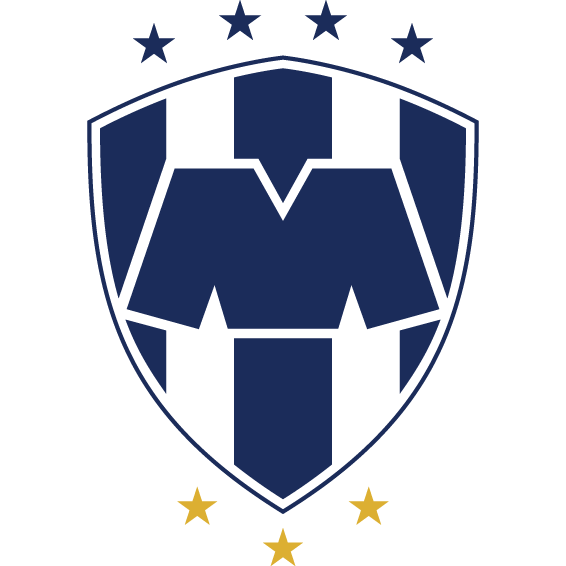
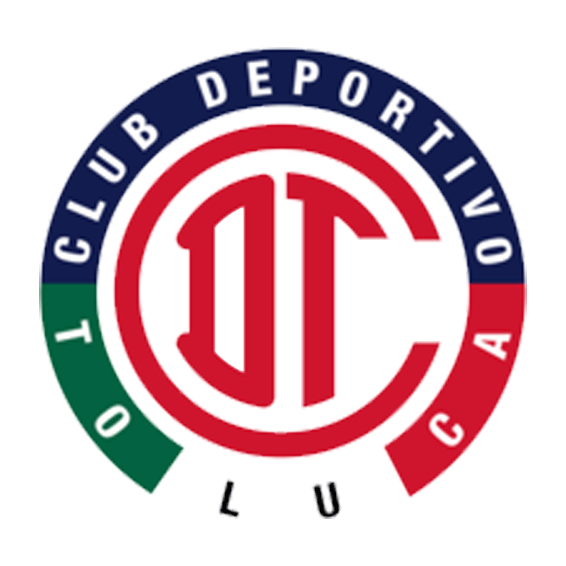























There are no comments yet. Be the first to comment!